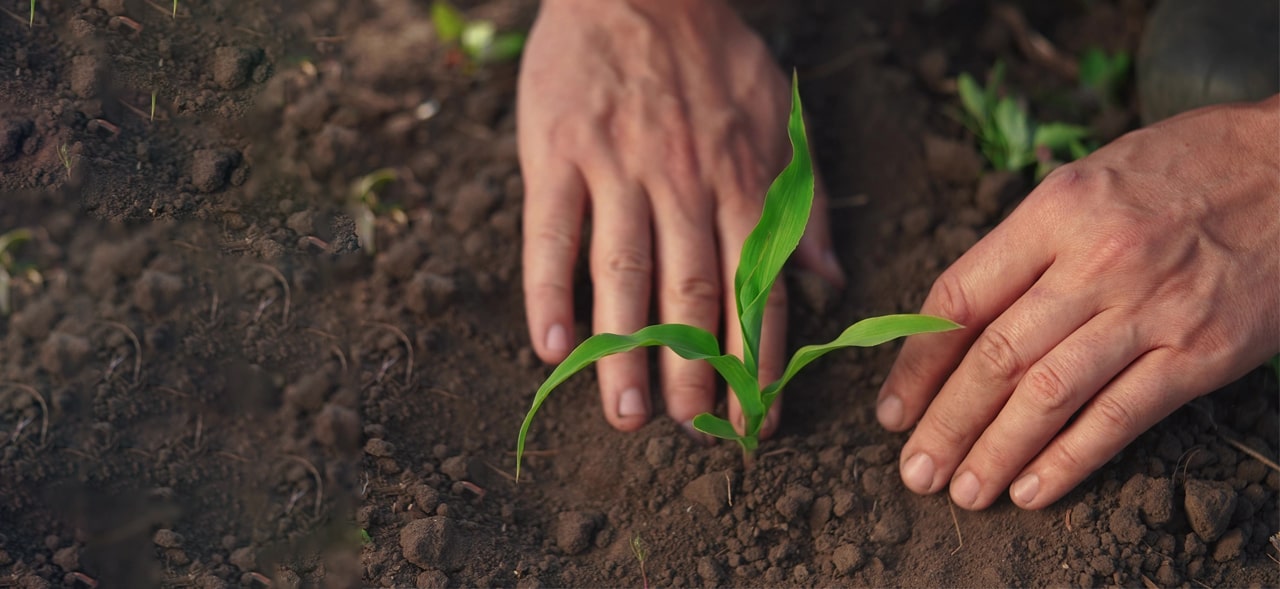Nigeria continues to face significant challenges in mobilizing domestic resources, despite its strong economic potential. The country lags behind regional peers, such as South Africa, Ghana, and Senegal, on the e-Government Development Index, particularly in digital connectivity, online services, and human capacity. Its tax-to-GDP ratio remains low at just 10%, well below the African average of 16% (2020).
The Nigeria Governors’ Forum (NGF) sought to close these gaps and launched the Digital Domestic Resource Mobilization (DDRM) workstream. The initiative intends to enhance fiscal management and improve public expenditure efficiency across all 36 Nigerian states by using digital public infrastructure (DPI). It identifies gaps in each state’s digital ecosystem and provides tailored roadmaps for DPI adoption based on digital maturity and institutional readiness.
MSC supported the NGF through the design and delivery of a detailed assessment of the DPI and public financial management (PFM) landscapes across Nigerian states. With a mixed-methods approach, MSC engaged with state-level officials and NGF stakeholders to gather insights into ground-level operations. The team developed customized readiness assessment tools to evaluate each state’s digital infrastructure, such as digital ID systems, data exchange platforms, and payment mechanisms, and key PFM components, which included single sources of truth, digital fund flows, and real-time processing systems.
MSC applied a scoring methodology to categorize states into high, medium, or low digital readiness tiers. Based on this, the team identified both areas of strength and opportunities for improvement. These insights informed the development of phased, state-specific roadmaps to guide DPI adoption and strengthen revenue mobilization and public service delivery. The roadmaps provided practical and contextual recommendations aligned with each state’s capacity.
The project deepened engagement between the NGF, revenue departments, and ICT agencies to build a clearer understanding of state-level digital ecosystems. The assessment tools and maturity frameworks created a foundation for tracking progress in DPI and PFM implementation. MSC also facilitated capacity-building workshops to support effective adoption of DPI among state actors.
The Nigeria Governors’ Forum commissioned the project.





